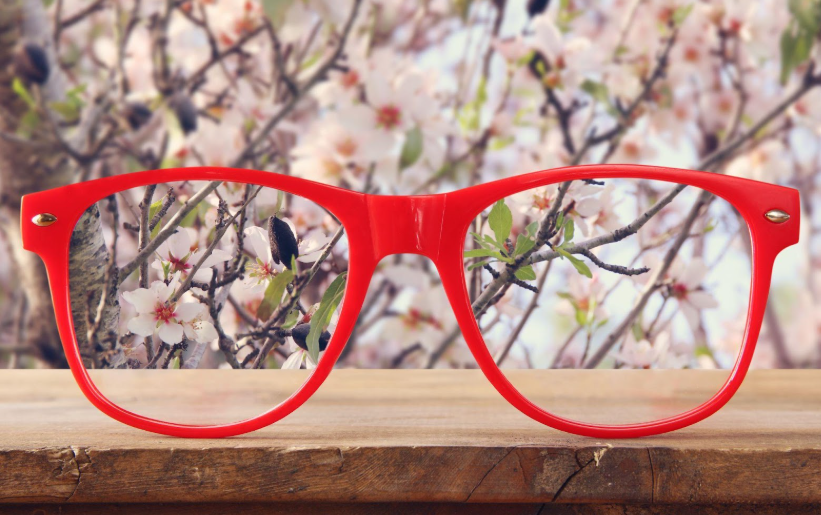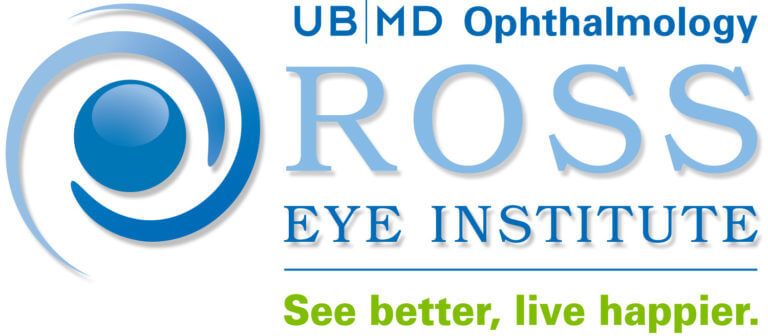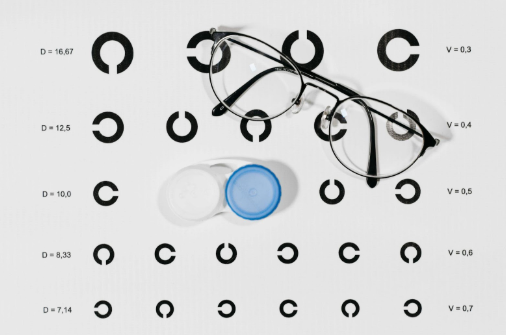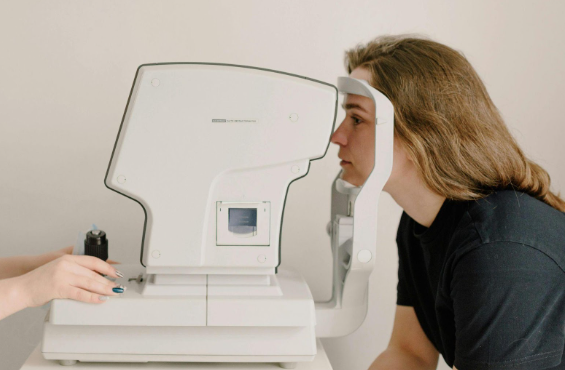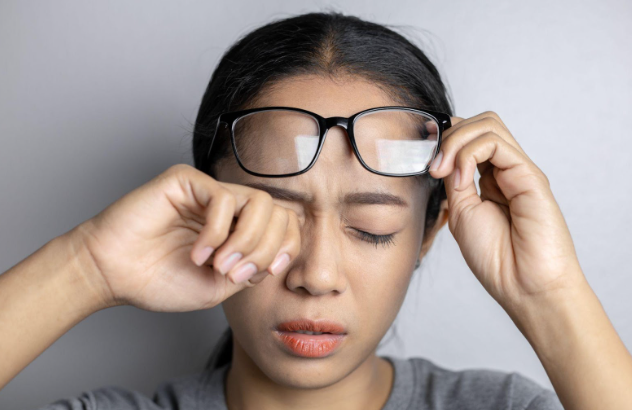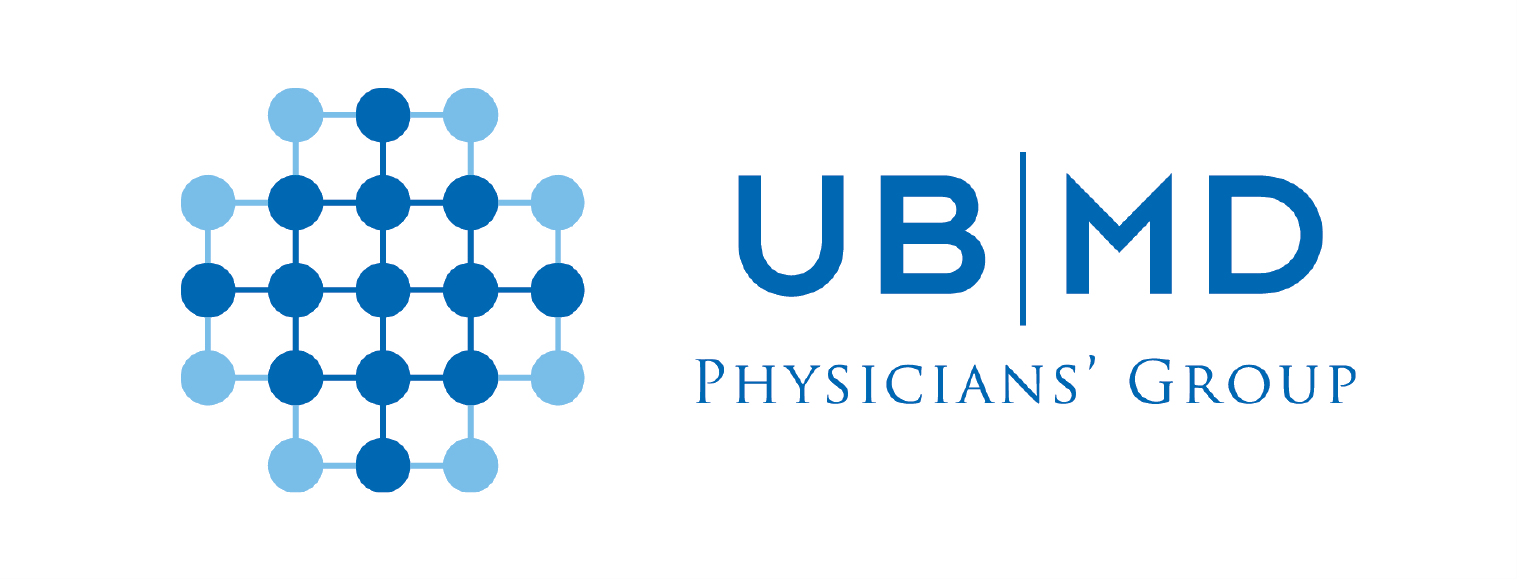Bryce and His Family Look to the Ross Eye Institute’s “Dr. Jack”
The below article was originally posted on medicine.buffalo.edu.
Bryce Stone’s struggles with sight began when he was just a preschooler. Familiar with the signs of vision loss because of a blind family member, Susan and Daniel Stone wanted to get the best diagnosis, treatment and support possible for their young son. They found John M. (Jack) Sullivan, MD, PhD, professor of ophthalmology in the Jacobs School of Medicine and Biomedical Sciences, and staff physician at the VA Western New York Healthcare System.
Sullivan focuses his lab research on development of gene-based therapeutics for retinal and macular degeneration. Through genetic testing, he diagnosed Bryce with retinitis pigmentosa (RP), a group of rare genetic disorders that involve a loss of cells in the retina, the light-sensitive tissue that lines the back of the eye. Symptoms include difficulty seeing at night and a loss of peripheral vision.
Eventually, most individuals with RP will lose their sight.
At age 11, Bryce is legally blind and preparing to live without vision.
“I have a cane now, and I’m learning how to read braille,” he explains. “I use a sighted guide, too, where I hold onto someone’s elbow to find my way.”
Bryce and his family are receiving support from several community resources, including the Olmsted Center for Sight and the Chautauqua Blind Association.
“Those doors all opened up because of Dr. Jack,” Dan Stone says.
Despite his vision loss, Bryce is very active. “I like to fish, and my dad and I play catch by using glow sticks so I can see the ball. I have braille playing cards and a magnifier, too.”
Bryce and his parents are hopeful that future medical discoveries and advances in technology may someday lead to a therapy or cure that restores his sight. That’s Sullivan’s vision, too.
He is using the latest advances in gene-based therapeutics to develop promising new approaches to treating retinal and macular degeneration. To accomplish this, he and his team are developing therapies that target and suppress (shut down) genes that stress retinal cells and cause them to degenerate. The molecular agents Sullivan is developing (ribozymes or RNAi), may also be used to alter the expression (functioning) of normal genes in order to slow down the progression of age-related retinal and macular degeneration.
In a further development, Sullivan and his team have created and are currently testing an RNA drug-discovery technology platform that has the potential to significantly accelerate gene-based therapeutics by more rapidly and accurately identifying and testing viable drug targets.
Because the promise of Sullivan’s research is so compelling, patients and families affected by these diseases are offering support. UB alumnus Roberta Stevens and her husband, George, have committed $1 million in a bequest gift to support the Department of Ophthalmology and research into age-related macular degeneration (AMD). Aleksandra Thon, whose late father suffered from AMD, has pledged $76,000 to establish the LMA Thon Endowment with the Foundation of Jewish Philanthropies to support research at UB, including Sullivan’s.
Recently, Thon met Bryce and decided to provide additional philanthropic support to fund sight-assisting equipment for him: OrCam Myeyes2 and iPhone supported by Alek.
“My father lost his sight due to age-related macular degeneration,” Thon says. “As his primary caregiver, I watched this condition deprive him of his vision and independence. That’s why I support macular degeneration research at UB, and why, in my father’s memory and honor, I wanted to help Bryce and his family.”
The research described above is supported, in part, by a VA Merit Review award from the U.S. Department of Veterans Affairs, and a National Eye Institute award.
